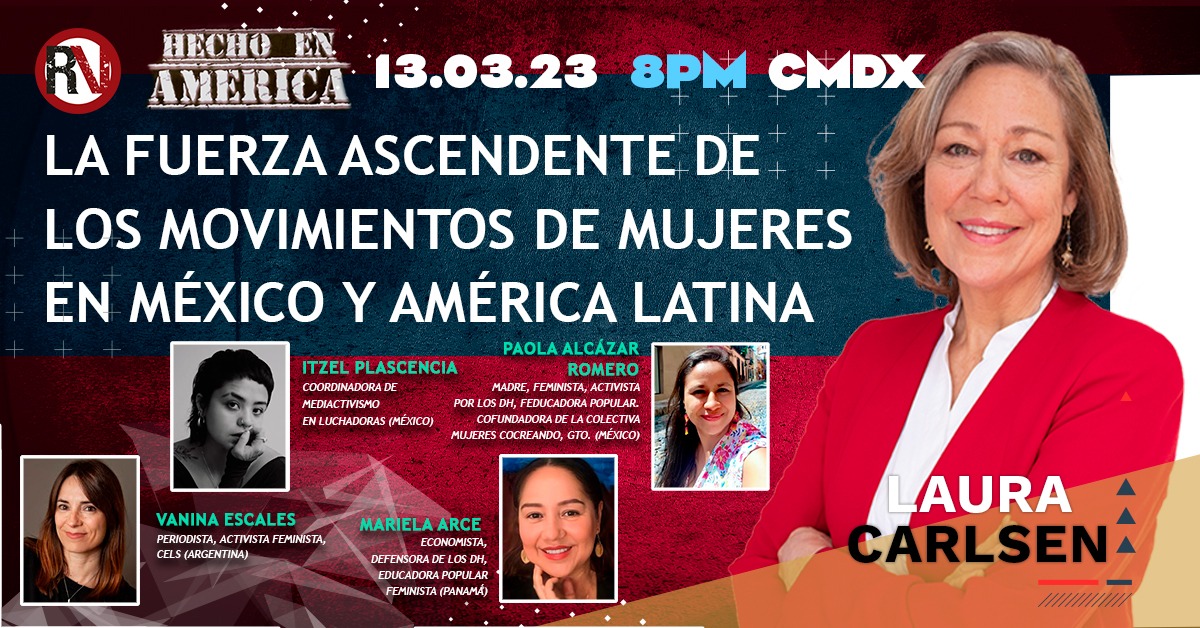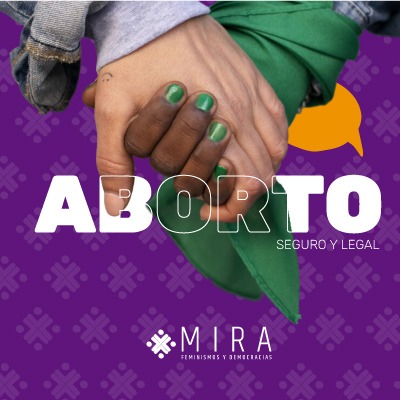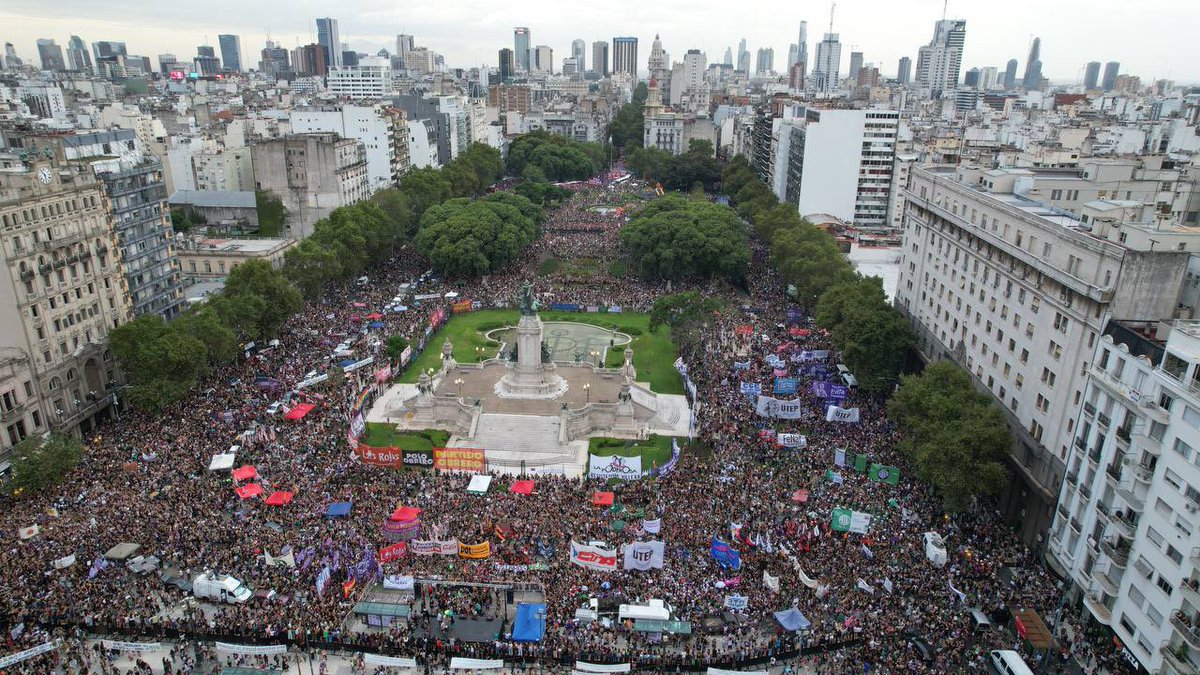This Week in the Americas
Plan Mexico and the Billion-Dollar Drug Deal
By Laura Carlsen
U.S. drug czar John Walters heaped praise on Mexico’s drug war this week, to prepare the ground for a billion-dollar counter-narcotics aid package expected to be announced within days.
According to press reports, the plan includes objectives in the areas of gathering and sharing intelligence, interdiction at ports of entry, aerial monitoring and intervention, investigation and legal processing, measures against money laundering, and cooperation with Mexico.
If that sounds vague it’s because it is. Almost no details have been released about the deal. So far, the public has only been told that the money will be for intelligence equipment, wiretapping, and military and police training programs.
A more sensible approach would involve creation of mechanisms of cooperation and intelligence sharing with each nation responsible for its own security policies and focused on the problem within its own territory and among its own populace.
Laura Carlsen (lcarlsen(a)ciponline.org) is director of the Americas Policy Program (www.americaspolicy.org) in Mexico City where she has been a writer and political analyst for two decades.
See full article online at:
http://americas.irc-online.org/am/4611
New from the Americas Program
Mexico’s Prophets of Climate Change: Women Forest Defenders
By Kent Paterson
Long before climate change became a trendy cause, the Campesino Environmentalist Organization of the Sierra of Petatlan and Coyuca de Catatlan (OCESP), emerged as a grassroots group dedicated to saving Guerrero’s forests. Throughout their efforts, the movement has faced repression, threats, and even lost members to the conflict with loggers and the Mexican army.
Now, ten years after the OCESP burst onto the world stage, its leaders and a growing cadre of poor rural women quietly carry on the work of defending and restoring Guerrero’s forests, and are even taking the struggle to new levels. Once in the background, women are now in the forefront of the movement.
Kent Paterson is a longtime freelance journalist and author who covers Mexico and the U.S. Southwest for the Americas Policy Program at www.americaspolicy.org.
See full article online at:
http://americas.irc-online.org/am/4544
Strategic Dialogue on Trade, Growth, and Poverty Reduction
By The Americas Policy Program
This Strategic Dialogue features the following articles and a series of discussion questions.
Trade, Growth and Poverty
By David Dollar, World Bank Economic Papers 2001
Poverty Reduction and Growth: Virtuous and Vicious Circles
By Guillermo E. Perry, Omar S. Arias, J. Humberto López, William F. Maloney, and Luis Servén
The Persistent Confusion between Economic Growth and Development
By Eduardo Gudynas and Carolina Villalba
Thinking Outside the Box about Trade, Development, and Poverty Reduction
By Thomas I. Palley
See full strategic dialogue online at:
http://americas.irc-online.org/am/4546
Arizona Border Fence Environmental Impact Questioned
By Brenda Norrell
With over a billion dollars in "border security funds" allocated by Congress, private companies are carrying out the biggest hoax of all—a $31.5 million dollar, seven-mile border fence at Sasabe, Arizona.
Of all the self-serving U.S.-produced environmental assessments published in recent years, the slender pile of papers recently deposited in the Caviglia-Arivaca Library on the Arizona border has to be among the worst.
Prepared by the U.S. Army Corps of Engineers in Fort Worth and the Gulf South Research Corporation, in a scant document, the environmental assessment lists threatened and endangered species of flora and fauna in the area potentially affected by the construction and comes up with a "Finding of No Significant Impact."
Brenda Norrell is a freelance writer based in Tucson, Arizona, focusing on indigenous rights in the Americas. She has covered Indian country news for 25 years, serving as a staff reporter for the Navajo Times and Indian Country Today and a stringer for the Associated Press. She is a contributor to the Americas Policy Program at www.americaspolicy.org.
See full article online at:
http://americas.irc-online.org/am/4599
Paraguay’s Hour of Change
By Raúl Zibechi
April 2008 means presidential elections for Paraguay. For the first time in 60 years the Red Party may find itself thrown out of the presidential palace. Thus will begin the long desired and long delayed transition to democracy in Paraguay.
The 17 years of democracy since the 1989 coup that overthrew dictator Alfredo Stroessner haven’t been very different from the 35 previous years. But on March 29, 2006, the history of this suffering country appeared to undergo a drastic change: more than 40,000 people poured into the streets of the capital, Asunción, to prevent President Nicanor Duarte Frutos from running for re-election, which is prohibited by the Constitution.
Raúl Zibechi is an international analyst at Brecha, a weekly journal in Montevideo,
Uruguay, professor and researcher on social movements at the Multiversidad Franciscana de América
Latina, and adviser to grassroots organizations. He writes the monthly "Zibechi Report" for
the CIP Americas Policy Program (www.americaspolicy.org).
See full article online at:
http://americas.irc-online.org/am/4572



